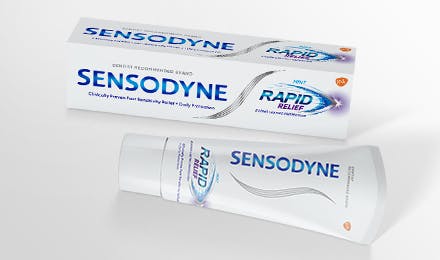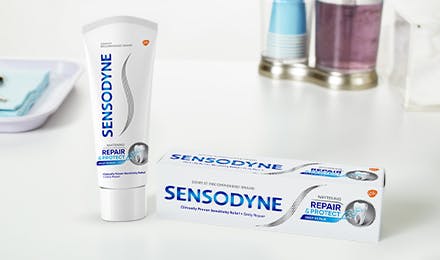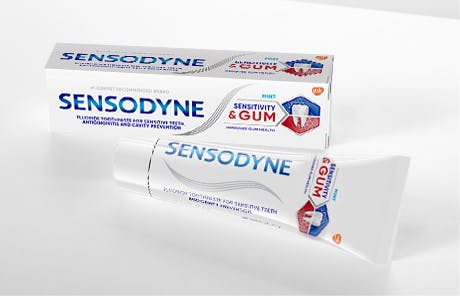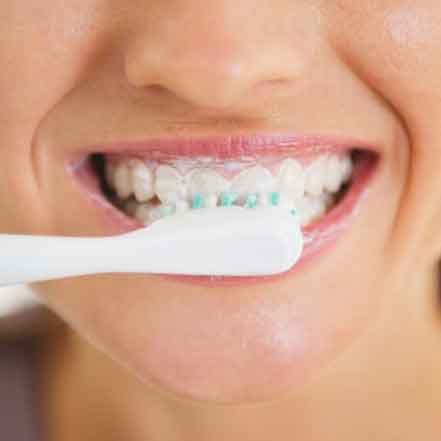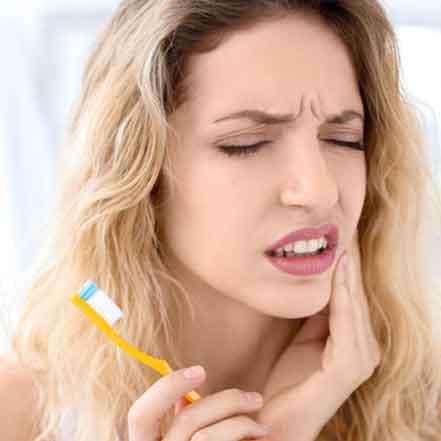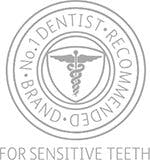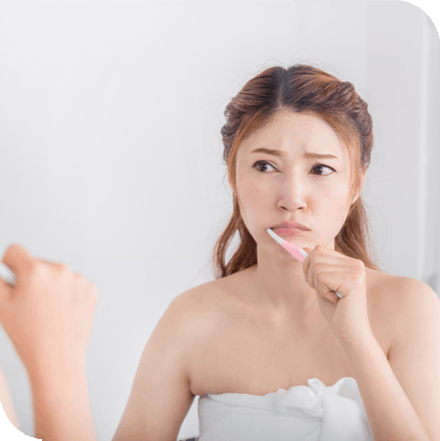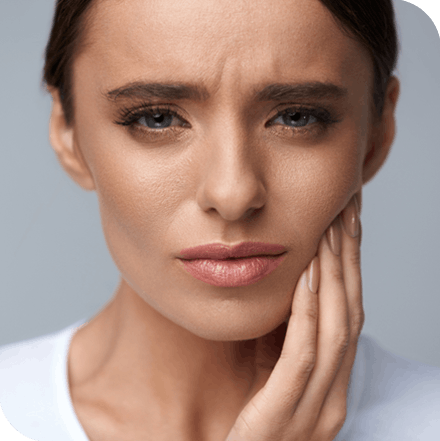Is It Possible to Brush Your Teeth Too Much?

- Helps to repair deep inside the tooth to relieve sensitivity*
- Improved foaming action
- Long lasting sensitivity protection
- Cavity protection
- Whitening action
- Daily repair for sensitive teeth
- Fresh taste
When it comes to brushing your teeth, that old saying is true: you can have too much of a good thing. Turns out, how you brush your teeth and what you use are the keys to maintaining the health and look of your smile — not brushing harder or more frequently.
“The reason we brush our teeth is to remove the plaque off the teeth, in addition to brushing the tongue to also remove the biofilm,” said Dr. Jonathan B. Levine, DMD, PC. “Brushing twice a day creates the necessary ritual to keep your mouth healthy, as long as the pressure one puts on the brush, the type of bristles on the brush, and the toothpaste being used all fall within ideal guidelines.”
So twice is all it takes, but can brushing more than that cause any harm? These dentist-approved guidelines will help you brush the best way, every day, even if you deal with tooth sensitivity.
Helpful Tooth Brushing Tips
First, you have to select the right toothbrush — and use it correctly. The American Dental Association recommends a brush with soft bristles.
It’s also important to remember to replace your toothbrush (or toothbrush head on electric models) every three to four months so the bristles maintain their efficacy.
Toothpaste selection is important as well. According to Levine, if your brush has hard bristles, you use heavy pressure, you use a highly abrasive toothpaste, and you do this often, you could remove enamel from the teeth and damage the gums. Look for a moderately-abrasive toothpaste like Sensodyne Rapid Relief, which provides relief from tooth sensitivity in as little as three days with twice daily brushing. Sensodyne also covers all your other oral care needs, from fresh breath to cavity protection.
So there you have it: Follow these simple directions and you shouldn’t be concerned with brushing too much. What we should be focused on is how much pressure we’re putting on our teeth when we do brush, the abrasiveness of the toothpaste we’re using, and the softness of the toothbrush we choose.


